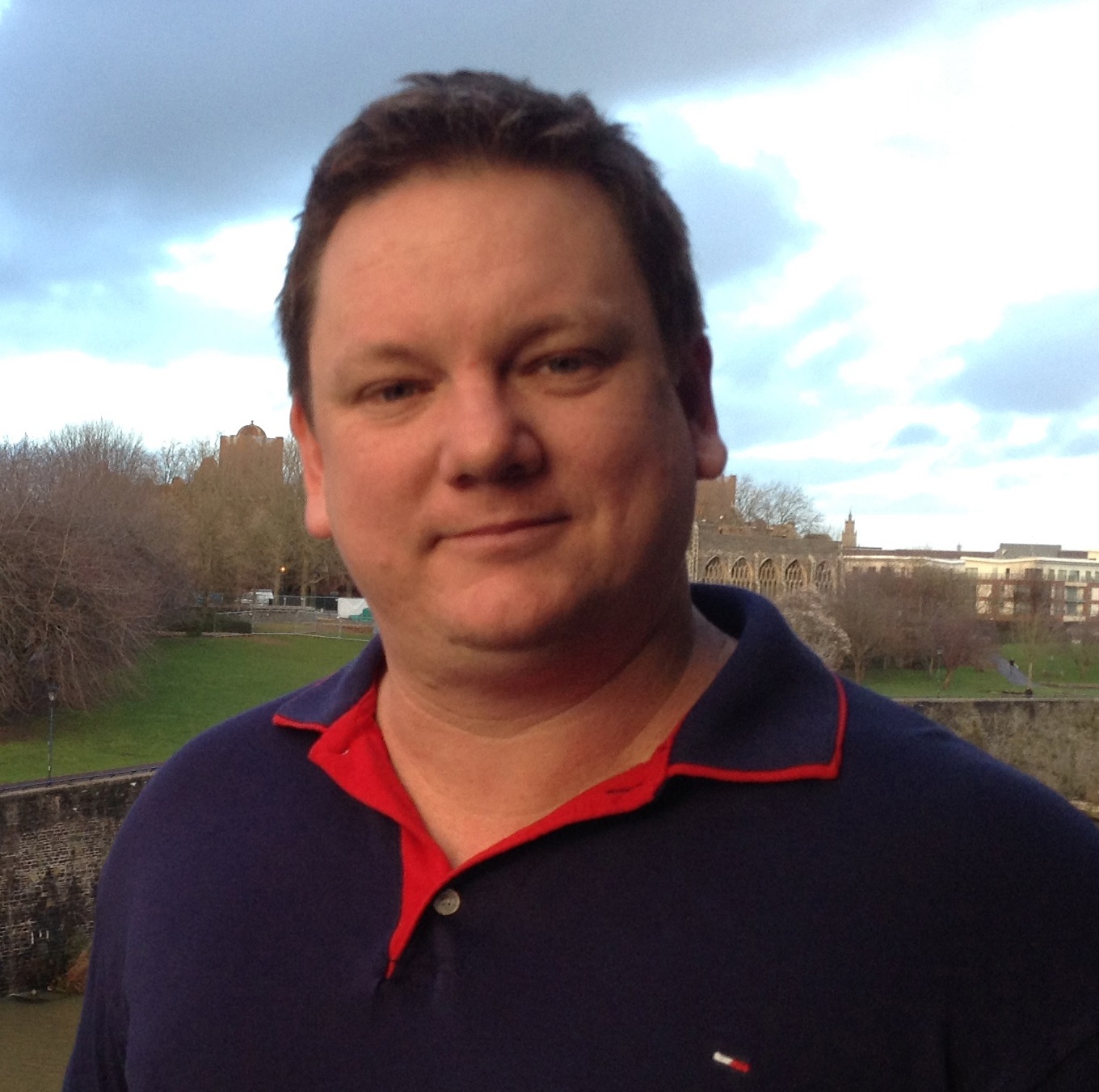Distinguished iNANO Lecture: Reengineering Protein Surfaces for Non-Aqueous Activity
Dr. Adam Perriman, School of Chemistry, University of Bristol, UK
Info about event
Time
Location
iNANO Auditorium (1593-012), Gustav Wieds Vej 14, 8000 Aarhus C

Dr. Adam Perriman,
School of Chemistry
University of Bristol, UK
Reengineering Protein Surfaces for Non-Aqueous Activity
Biological macromolecules, such as proteins, have evolved to synergistically utilise the ensemble of forces that arise in an aqueous environment. Such forces help to drive protein folding and modulate dynamical behaviour, which in turn facilitates biological function. Although some enzymes can retain limited activity when extracted into anhydrous solvents, we have demonstrated that completely solvent-free (molten) functional protein liquids can be produced by remodelling the surface of a protein with a polymer surfactant. The electrostatically-grafted surfactant molecules act to extend the range of the intermolecular interactions, which allows the protein molecules to access an anhydrous liquid phase that is amenable to protein folding1, dynamics2 and function3.
These findings challenge the existing dogma that describes the role of water molecules in determining protein structure and function, and the robustness of this facile approach for achieving protein fluidity indicates that it could readily be developed for a wide range of biomolecules. Moreover, the development of the methodologies surrounding these novel hybrid constructs will not only provide insights into the role of water in protein folding, dynamics and function, but will also provide a gateway to the development of new technologies that will impact on industrial biocatalysis4 and regenerative medicine5.
References
1. Brogan, A. P. S., Siligardi, G., Hussain, R., *Perriman, A. W., Mann, S., Hyper-thermal stability and unprecedented re-folding of solvent-free liquid myoglobin. Chemical Science 2012, 3 (6), 1839-1846. DOI: 10.1039/c2sc20143g
2. Gallat, F.-X., Brogan, A. P. S., Fichou, Y., McGrath, N., Moulin, M., Haertlein, M., Combet, J., Wuttke, J., Mann, S., Zaccai, G., Jackson, C. J., *Perriman, A. W., *Weik, M., A Polymer Surfactant Corona Dynamically Replaces Water in Solvent-Free Protein Liquids and Ensures Macromolecular Flexibility and Activity. Journal of the American Chemical Society 2012, 134 (32), 13168-13171. DOI: 10.1021/ja303894g.
3. Perriman, A. W., Brogan, A. P. S., Coelfen, H., Tsoureas, N., Owen, G. R., *Mann, S., Reversible dioxygen binding in solvent-free liquid myoglobin. Nature Chemistry 2010, 2 (8), 622-626. DOI: 10.1038/NCHEM.700.
4. Brogan, A. P. S., Sharma, K. P., *Perriman, A. W., *Mann, S., Enzyme activity in liquid lipase melts as a step towards solvent-free biology at 150 degrees C. Nature Communications 2014, 5. DOI: 10.1038/ncomms6058.
5. Armstrong, J. P. K., Shakur, R., Horne, J. P., Dickinson, S. C., Armstrong, C. T., Lau, K., Kadiwala, J., Lowe, R., Seddon, A., Mann, S., Anderson, J. L. R., *Perriman, A. W., *Hollander, A. P., Artificial membrane binding proteins stimulate oxygenation of stem cells during engineering of large cartilage tissue. Nature Communications 2015, 6, 7405. DOI: 10.1038/ncomms8405
Biography
Adam Perriman is an Associate Professor of Biomaterials at the School of Cellular and Molecular Medicine and an Engineering and Physical Sciences Research Council (EPSRC) Early Career Fellow. He is internationally distinguished for his pioneering research on the construction and study of novel synthetic biomolecular systems. His interests are acutely interdisciplinary, built on the solid foundations of fundamental science, and span the fields of chemistry, biochemistry and synthetic biology. His significant advances in these areas have resulted in numerous invited presentations at conferences and colloquia, including Plenary lectures at International Conferences. He has published sixteen papers in very high-impact scientific journals (out of a total of 54), including three articles in Nature Chemistry, three articles in Nature Communications, and a review in ACS Nano. His recent research into the unprecedented development of novel biomaterials has generated extensive media coverage and featured in the popular science magazines New Scientist, Pop Sci and The Royal Society of Chemistry’s Chemistry World. In 2010 and 2016 he was interviewed on BBC4, which was broadcast nationally. In September 2015, he was named a Wellcome Trust's Frontiers Innovator, and in 2016, he received the British Biophysical Society Young Investigator's Award and Medal, which is a national prize awarded to one individual every two years.
Coffee, tea and bread will be served from 10:00 in front of the auditorium.